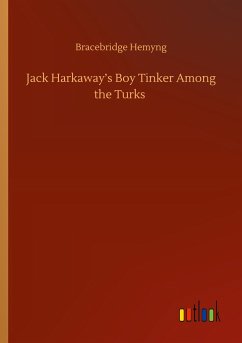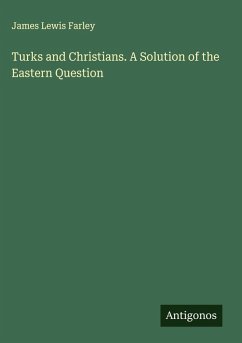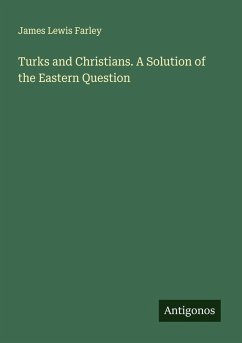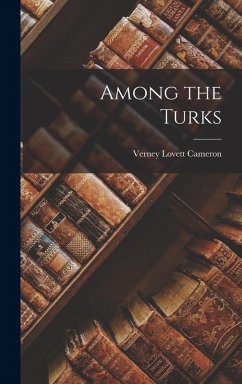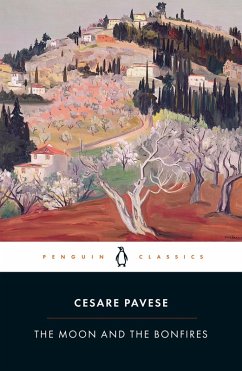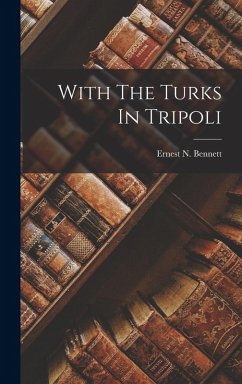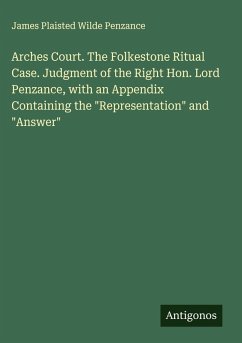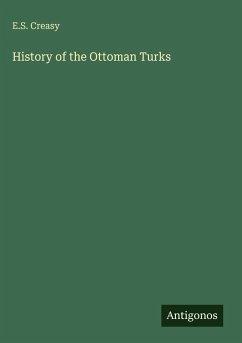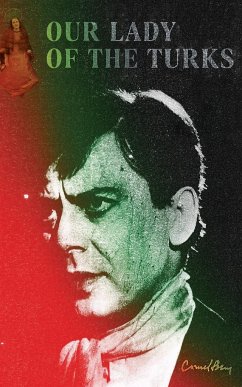
Our Lady of the Turks
Versandkostenfrei!
Versandfertig in 1-2 Wochen
16,99 €
inkl. MwSt.

PAYBACK Punkte
8 °P sammeln!
Carmelo Bene (1937-2002) was a notorious Italian actor, writer, and director who inaugurated his theater in 1959 with Camus' Caligula then exploded onto the artistic scene with his outré Christ '63. Later, he collaborated with Pasolini, Glauber Rocha, Bussotti and others as well as philosophers, like Gilles Deleuze. ¿ His novel Our Lady of the Turks (1964) recounts the bizarre, eccentric rituals of a young actor on a knightly quest, in the manner of the Crusaders, to hone his art so that he may ultimately become an idiot, if not a saint. C.B. describes Our Lady of the Turks as the jeu de car...
Carmelo Bene (1937-2002) was a notorious Italian actor, writer, and director who inaugurated his theater in 1959 with Camus' Caligula then exploded onto the artistic scene with his outré Christ '63. Later, he collaborated with Pasolini, Glauber Rocha, Bussotti and others as well as philosophers, like Gilles Deleuze. ¿ His novel Our Lady of the Turks (1964) recounts the bizarre, eccentric rituals of a young actor on a knightly quest, in the manner of the Crusaders, to hone his art so that he may ultimately become an idiot, if not a saint. C.B. describes Our Lady of the Turks as the jeu de cartes of a perverse novel on the idiolect. It is an amusing and merciless parody of "interior life," risibly entrusted to the third-person narrative form: a monody peopled by a thousand and one voices. A setting and a vision of a south of the south of the saints (the "homegrown" baroque, the Moorish kitsch of a palace, the cathedral-ossuary of the Otranto martyrs, etc.), "crusts" summoned to feed an ethnic fire... The music is elsewhere. The only novel in C.B.'s prodigious oeuvre, Our Lady of the Turks was (re)elaborated on stage (1966; 1973) and in images in an eponymous film, which Bene calls "a 1968 film, or better yet, the 'anti-1968 film' par excellence [that was] misunderstood to the bitter end." ¿ Translated by Carole Viers-Andronico, this is the second in a series of three separate volumes of Bene's writings that Contra Mundum will publish. As one of the only true 'spiritual' heirs of Artaud, Anglophones must at last reckon with Bene's genuinely radical transvaluation of every form of aesthetics.





